★★
“Snow better than mediocre.”
 I was going to start this with a warning to try and avoid reading other reviews of this before watching it, because it felt as if, without exception, they all included spoilers for a significant plot-point, that wasn’t actually revealed until deep into the movie. Heck, the IMDb synopsis does it too. However, having sat through the entirety of this bland piece of indigenous folk pseudo-horror, all I can say is “Meh.” You do you: it’s probably not as if it’s going to have much impact, because it’s hard to spoil something which already smells past its best before date.
I was going to start this with a warning to try and avoid reading other reviews of this before watching it, because it felt as if, without exception, they all included spoilers for a significant plot-point, that wasn’t actually revealed until deep into the movie. Heck, the IMDb synopsis does it too. However, having sat through the entirety of this bland piece of indigenous folk pseudo-horror, all I can say is “Meh.” You do you: it’s probably not as if it’s going to have much impact, because it’s hard to spoil something which already smells past its best before date.
It takes place on a remote Canadian reservation, where the body of a local activist is found on a road, apparently the victim of a hit-and-run accident. Local sheriff Betty Stonechild (Walsh) is trying to investigate, with the limited resources available to her, and deputizes former soldier, now a local tracker, Stacey Cole (McArthur) to help her. It’s not long before other bodies start appearing in more mysterious circumstances. For example, a surveyor for a mining company, looking to move into the area – something to which the car victim was vehemently opposed – is brutally slain, within feet of a work colleague. He can offer no clues as to what happened, beyond reporting an odd smell and a crow circling menacingly overhead, immediately beforehand.
The problems start with the characters, where both Stonechild and Cole are right out of the box of overused tropes. The former is a single parent, trying to bring up a teenage nephew, for reasons that may have been explained, but which failed to make any impact on my recollection. The latter, worse still, is affected with the kind of PTSD common to movies, which has no effective impact on them, and appears to exist solely as an excuse for lazy writing, instead of developing a rounded personality. The rest of the players are similarly underwhelming. While the film is clearly sympathetic to the local native population, its messaging is clunky at best, reaching its worst point during what feels like a five minute YouTube rant.
The positives are mostly on the technical side, with some nice photography of chilly yet beautiful locations, and decent use of both practical and CGI effects. The two heroines have decent chemistry, and at least we don’t have any unnecessary romantic threads, for either of them: Cole’s way in particular of dealing with unwanted attentions is laudably brusque. It’s not enough to salvage a plot, which spends too long getting to where it wants to be, and isn’t particularly interesting once it gets there. It does offer one amusing moment, after they find the creature responsible and discover to their bemusement it is impervious to their bullets. Otherwise, there is precious little here to stick in the mind, and it feels more like a drama with an agenda, dressed up in genre trappings to become a sheep in wolf’s clothing
Dir: Rueben Martell
Star: Sera-Lys McArthur, Madison Walsh, Julian Black Antelope, Samuel Marty





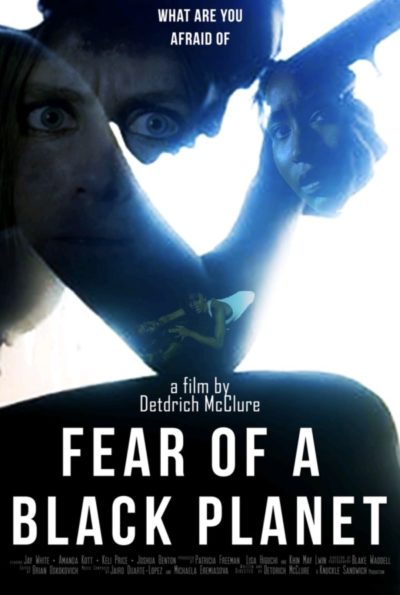 It’s interesting to look at the film’s IMDb page, and contrast the reviews, where there’s nothing less than an 8/10, with the rating, where 73% of votes are a 1/10. One “review” was actually a rant about other reviews which appear to have been removed? Something odd there. There’s no doubt, the film is not so much tackling a contentious topic, as driving head-first into it at 80 mph. Even the title (obviously inspired by the Public Enemy LP of the same name) is an incendiary one, guaranteed to raise the hackles of many – and, to be honest, not without reason, because of the assumptions it makes. It’s a shame, since the film is at least slightly more nuanced than the title makes it seem.
It’s interesting to look at the film’s IMDb page, and contrast the reviews, where there’s nothing less than an 8/10, with the rating, where 73% of votes are a 1/10. One “review” was actually a rant about other reviews which appear to have been removed? Something odd there. There’s no doubt, the film is not so much tackling a contentious topic, as driving head-first into it at 80 mph. Even the title (obviously inspired by the Public Enemy LP of the same name) is an incendiary one, guaranteed to raise the hackles of many – and, to be honest, not without reason, because of the assumptions it makes. It’s a shame, since the film is at least slightly more nuanced than the title makes it seem.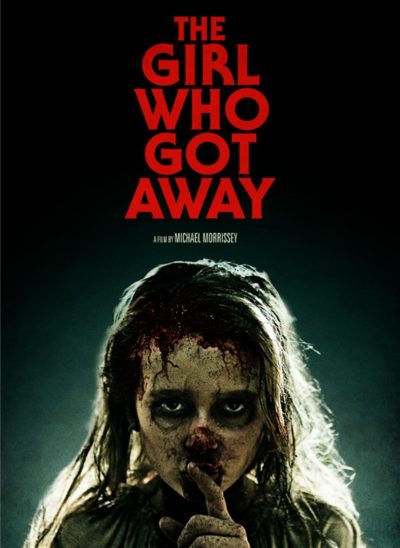 This isn’t the first movie I’ve seen, in which a woman escapes apparent death at the hands of a serial killer, only for them to track her down years later. However, the twist in the narrative here, which perhaps pushed it over the necessary boundary for inclusion on the site, is that the killer is also female. The victim is Christina Bowden (Johnson), who as a young girl was the sole survivor of Elizabeth Caulfield (Tuckerman) and her “child farm”, for want of a better phrase. Bowden has slowly put her life back together and is now a school teacher. She’s also looking to adopt another troubled teen, Lisa Spencer (McCarthy), and pay it forward. Then she gets a visit from local sheriff Jamie Nwosu (Iwuji).
This isn’t the first movie I’ve seen, in which a woman escapes apparent death at the hands of a serial killer, only for them to track her down years later. However, the twist in the narrative here, which perhaps pushed it over the necessary boundary for inclusion on the site, is that the killer is also female. The victim is Christina Bowden (Johnson), who as a young girl was the sole survivor of Elizabeth Caulfield (Tuckerman) and her “child farm”, for want of a better phrase. Bowden has slowly put her life back together and is now a school teacher. She’s also looking to adopt another troubled teen, Lisa Spencer (McCarthy), and pay it forward. Then she gets a visit from local sheriff Jamie Nwosu (Iwuji).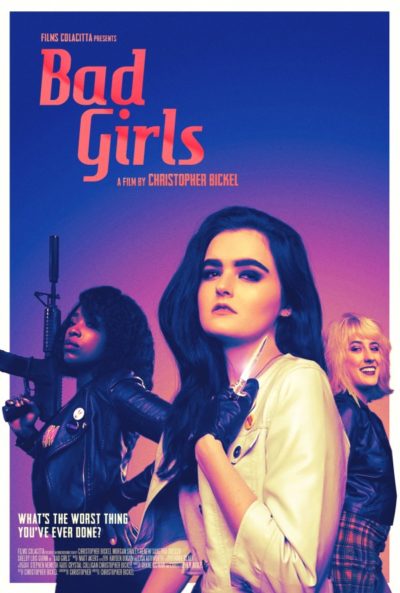 I didn’t realize until this started, it was by the director of the (non-GWG)
I didn’t realize until this started, it was by the director of the (non-GWG) 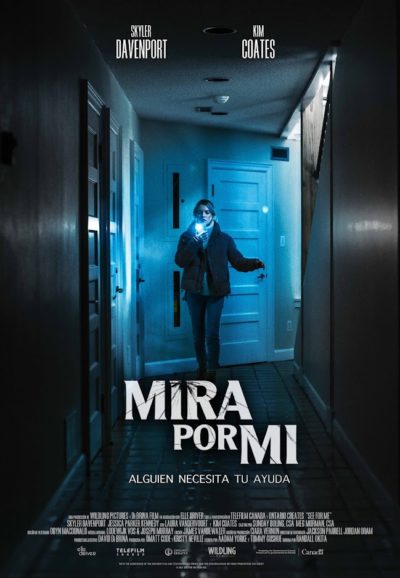 Yeah, as the above might suggest, this owes a rather large debt to
Yeah, as the above might suggest, this owes a rather large debt to 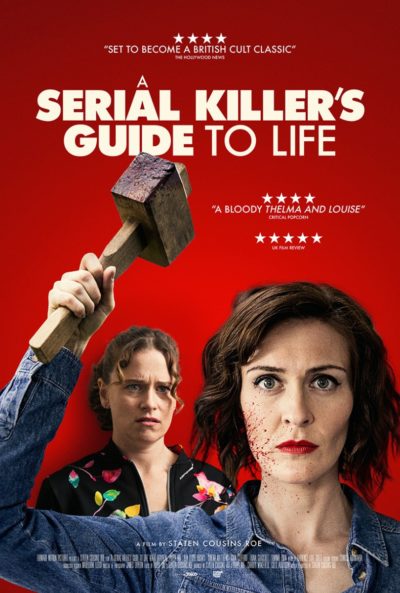 Lou Farnt (Brayben) is stuck in her life, with a dead-end job, no apparent friends to speak of, and still living with her domineering mother (Ball). She seeks escape from one self-help guru after another, spending her money on their books, DVDs and audio-tapes, though with little or no apparent positive results. Then, she meets the unconventional Val Stone (Roe), who lives in a seaside caravan and promises to change Lou’s life forever. After some qualms, she agrees to depart with Lou, who does indeed deliver on her promise. For, as the title suggests, Val is a psychotic if smart killer, who is specifically targetting those same gurus. Either she regards them as a curse on humanity with their vapid schemes, or she simply wants to dispose of the competition.
Lou Farnt (Brayben) is stuck in her life, with a dead-end job, no apparent friends to speak of, and still living with her domineering mother (Ball). She seeks escape from one self-help guru after another, spending her money on their books, DVDs and audio-tapes, though with little or no apparent positive results. Then, she meets the unconventional Val Stone (Roe), who lives in a seaside caravan and promises to change Lou’s life forever. After some qualms, she agrees to depart with Lou, who does indeed deliver on her promise. For, as the title suggests, Val is a psychotic if smart killer, who is specifically targetting those same gurus. Either she regards them as a curse on humanity with their vapid schemes, or she simply wants to dispose of the competition.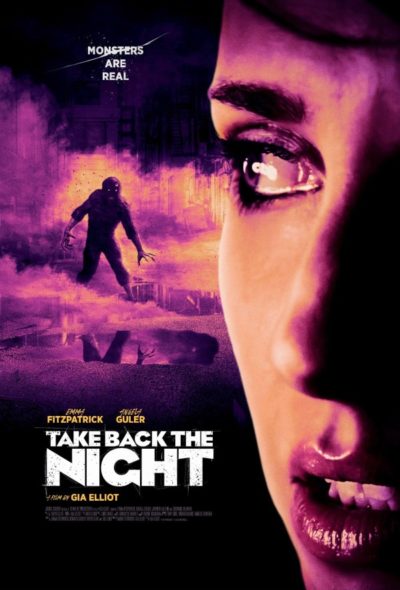 This is not exactly subtle in terms of its messaging, or the underling metaphor. But to be honest, I kinda respect that. I’d probably rather know what I’m in for, from the get-go, rather than experiencing a film which thinks it’s going to be “clever”, and pull a bait and switch. Here, even the title makes it obvious enough. The ‘monster’ here is sexual violence, and should you somehow make it through the film oblivious to that, you’ll get a set of crisis helplines before the end-credits role. However, it manages to do its job without becoming misanthropic, largely by having very few male speaking characters, and is adequately entertaining on its own merits, not letting the movie drown in the message.
This is not exactly subtle in terms of its messaging, or the underling metaphor. But to be honest, I kinda respect that. I’d probably rather know what I’m in for, from the get-go, rather than experiencing a film which thinks it’s going to be “clever”, and pull a bait and switch. Here, even the title makes it obvious enough. The ‘monster’ here is sexual violence, and should you somehow make it through the film oblivious to that, you’ll get a set of crisis helplines before the end-credits role. However, it manages to do its job without becoming misanthropic, largely by having very few male speaking characters, and is adequately entertaining on its own merits, not letting the movie drown in the message.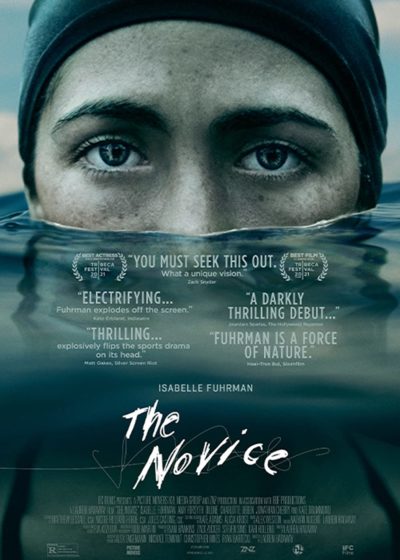 Rowing is not a pastime to which I’ve ever given much thought. It’s the backdrop for this, and is based (to some extent) on writer-director Hadaway’s experiences of the sport at college. Her cinematic background is in sound editing, where she worked on films such as The Hateful Eight and – probably of most relevance here – Whiplash. The latter was a study of obsession in the pursuit of talent, and is echoed in the story here.
Rowing is not a pastime to which I’ve ever given much thought. It’s the backdrop for this, and is based (to some extent) on writer-director Hadaway’s experiences of the sport at college. Her cinematic background is in sound editing, where she worked on films such as The Hateful Eight and – probably of most relevance here – Whiplash. The latter was a study of obsession in the pursuit of talent, and is echoed in the story here. This is another one in the apparently endless series of low-budget urban movies, which focus on crime in the black community. Though this does actually have a couple of wrinkles which make it stand out, if not quite enough to make it a success for a wider audience outside its community. Columbus, Ohio is the setting, where Princess (Godsey) is struggling to make ends meet. She’s relying on handouts from her dodgy brother, Dae Dae, to make rent, and also wants to get her best friend away from her pimp. Opportunity comes knocking, in the shape of an Uber driver, Omar (Campbell), who brings her on board in his business, which he tells her has almost unlimited upside and growth potential.
This is another one in the apparently endless series of low-budget urban movies, which focus on crime in the black community. Though this does actually have a couple of wrinkles which make it stand out, if not quite enough to make it a success for a wider audience outside its community. Columbus, Ohio is the setting, where Princess (Godsey) is struggling to make ends meet. She’s relying on handouts from her dodgy brother, Dae Dae, to make rent, and also wants to get her best friend away from her pimp. Opportunity comes knocking, in the shape of an Uber driver, Omar (Campbell), who brings her on board in his business, which he tells her has almost unlimited upside and growth potential.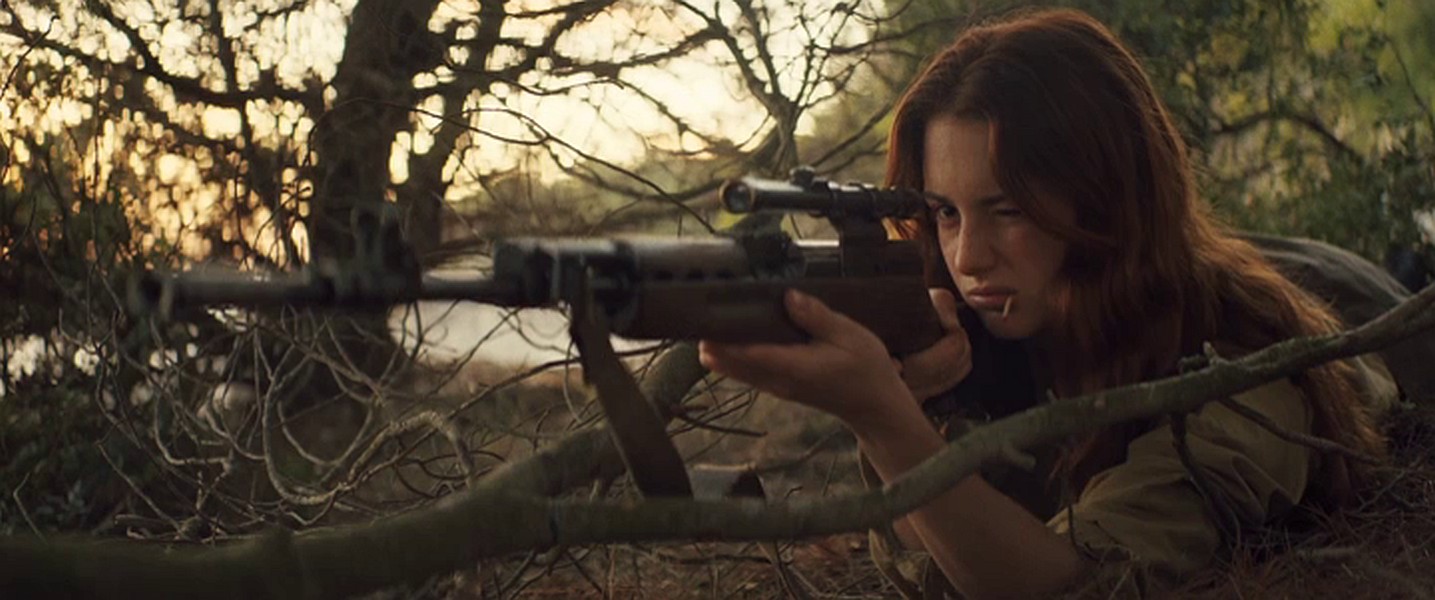 ★½
★½